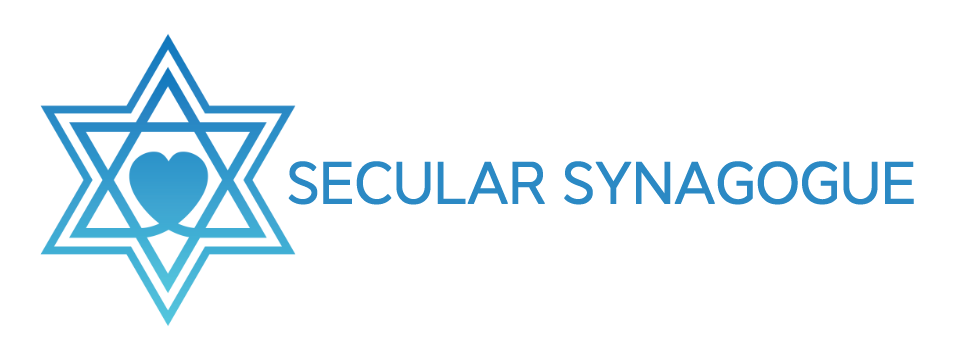Letting go and reclaiming
We’ve seen some interesting changes and evolutions in Jewish life. There are some things that, as Humanistic/secular/cultural Jews we’ve let go of (prayer services, tefillin/phylacteries, keeping kosher), while there are other things perhaps we’ve embraced (Shabbat dinners, holiday celebrations, matzo ball soup). I always find it interesting to look over time at what people thought was a must-have/do Jewishly, and what people thought was treyf. For example, early 20th century secular Jews, usually the Yiddish-speaking, labour-movement kind, would not typically celebrate holidays that had particular religious resonance. Yom Kippur was out. So were many other holy-days. As secularists, they had no interest. Most of us today do mark holidays like Yom Kippur, finding the human-centred or cultural meanings of the holiday and making them our own.
I’ve been thinking about reclamations as I prepare to visit the mikvah. A mikvah is the Jewish ritual bath, often done when people mark a life transition, such as conversion into Judaism, marriage, or before Rosh Hashanah to get ready for the new year. The most common reason people use the mikvah is to satisfy the family/purity laws; women must use it after menstruation to cleanse. More on that in a moment.
This won’t be my first mikvah experience. Before I got married I did a riff on the bridal mikvah visit and created a beach-side ceremony for and with the women in my life. We all went into the lake together. Last year as I was researching birth traditions for my Jewish Doula work, I came across many different ways mikvah is used to prepare or heal from birth. I decided to visit a mikvah in Toronto because I found a Shomeret (often called a “mikvah lady”) who would let me do a secular version of blessings and let me create some other readings/ritual for my particular needs. I found the whole thing to be really lovely... I became a mikvah person.
This is surprising, not least of all to myself, because for many years I would have said that the tradition of the mikvah is completely rooted in sexist beliefs. Women are unclean? Puh-leaze. Many of you have likely heard me talking about visiting a mikvah in Crown Heights, Brooklyn when I was on a Lubavitch-led trip. I was about thirteen years old. They started talking to us about the need to purify yourself after bleeding, and the whole thing was sold as this wonderful way to connect with God. All I heard was a bunch of sexist garbage. I was so outta there (and shortly after that became involved with Secular Humanistic Judaism!).
Over time, however, I’ve changed my tune. Rabbi Elyse Goldstein in Toronto wrote about “reclaiming the waters” of the mikvah. I listened to an interesting panel of Orthodox feminist women at Limmud Toronto sharing their own stories of struggling with mikvah. And I read accounts of people who use mikvah to heal after loss or life changes (this is an aside, but if you watch the show Transparent, the rabbi Raquel goes to the mikvah after her miscarriage. I love that character and that scene made me choke up something fierce). I became convinced. And now there are exciting initiatives to open up the mikvah in new ways. In Toronto, there are guides who will take people of any and all genders, including transgendered folks. In Boston there is mayyim chayyim, a mikvah with a mission to make accessible and meaningful the mikvah ritual broadly. ImmerseNYC is similar, and I’ll be in New York next week so I decided to dip with them; see how it feels to keep working on reclaiming something that is part of my Jewish legacy, but also something I have struggled with.
ImmerseNYC sent me a guide to prepare for my immersion, and in it they ask: “What do you want to let go of?” What a question! I’m thinking about that as I write this. What do I want to let go of? What do I want to reclaim?
